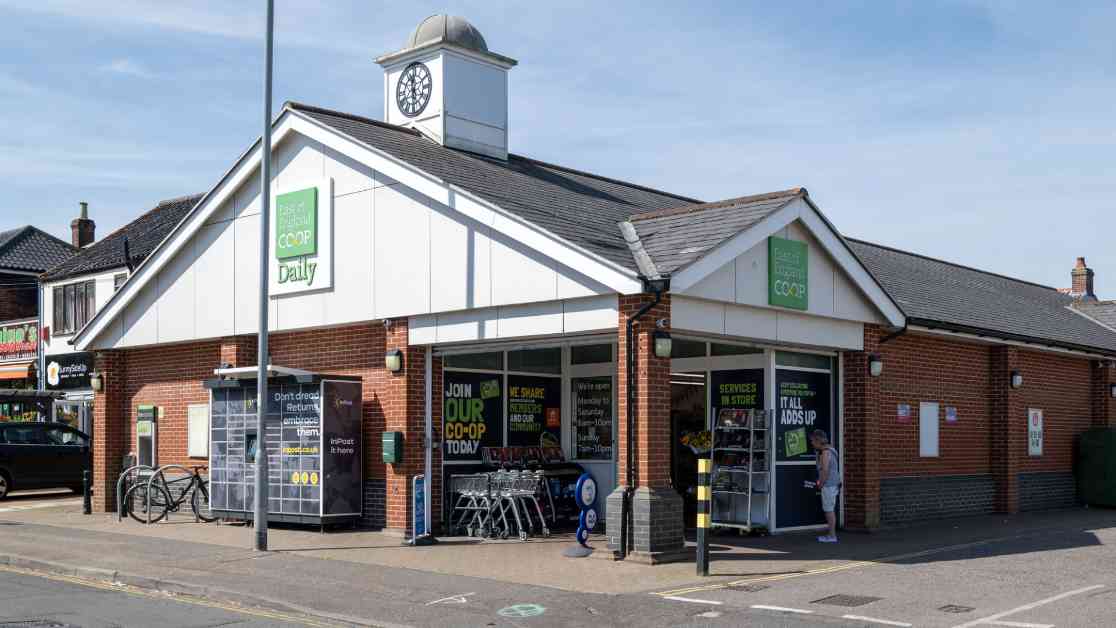Research has shown that a significant amount of food and drink in UK supermarkets is unnecessarily packaged in plastic. This new analysis has revealed that up to 29.8 billion pieces of unnecessary plastic are being produced each year, highlighting a concerning trend that needs to be addressed.
The study, conducted by DS Smith and Retail Economics, looked at 1,500 supermarket groceries and found that over half of food and drink items found in UK supermarkets are packaged in plastic that could be replaced with alternative materials. This over-reliance on plastic packaging is particularly evident in processed foods, bread, rice, cereals, dairy products, meat, and fish.
Despite commitments from European food manufacturers and retailers to reduce plastic packaging, a quarter of companies are off track with their individual packaging goals. Barriers such as the cost of raw materials and concerns about consumer reactions to changes are holding back progress in this area.
Miles Roberts, Group Chief Executive of DS Smith, emphasised the need for more action to be taken to reduce plastic usage and increase sustainability in packaging. He called on the government to play a more active role in phasing out certain plastics and creating a level playing field for innovation and investment in more sustainable alternatives.
The UK was found to be the most reliant on plastic packaging compared to other European markets, with 70% of all food and drink items on British shelves containing plastic. However, DS Smith estimates that 84% of this unnecessary plastic could be replaced or significantly reduced by fibre-based alternatives.
In response to these findings, DS Smith is investing in research and development to find new solutions to reduce plastic usage in packaging. The company has established a global Research & Development and Innovation Centre to accelerate innovation in packaging and work with major FMCG businesses to pilot new sustainable packaging solutions.
Overall, the research highlights the urgent need for action to reduce plastic packaging in supermarkets and increase the use of sustainable alternatives. By working together, government, manufacturers, retailers, and consumers can make a positive impact on the environment and create a more sustainable future for the food and drink industry.












